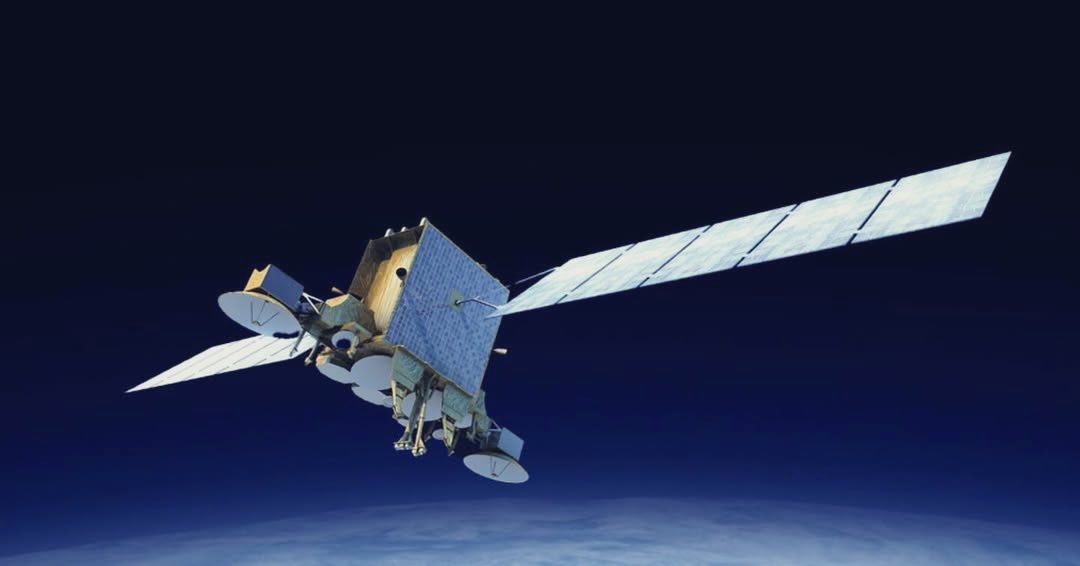Washington, D.C., July 3, 2025 — In a landmark development for national security and space defense, Boeing has been awarded a $2.8 billion contract by the United States Space Force. The contract aims to develop and deliver a new constellation of military communications satellites. Consequently, this initiative marks a pivotal step in reinforcing the resilience of U.S. orbital infrastructure.
Next-Gen Military Satellites to Strengthen Strategic Communications
The awarded contract covers the entire lifecycle: design, production, launch, and long-term support of nuclear-survivable, anti-jam communication satellites. As a result, U.S. military communications will be better protected during nuclear or electronic warfare scenarios.
Furthermore, the program is part of the U.S. Space Force’s broader Protected Tactical SATCOM (PTS) strategy. It aims to modernize satellite systems and ensure robust interoperability across allied forces. In contrast to legacy systems, these new satellites will incorporate AI-driven features and laser-based inter-satellite links.
Boeing’s Continued Dominance in Space-Based Defence
Boeing’s selection over rival contractors reaffirms its leading role in secure communications technologies. Moreover, the company emphasized that the satellite architecture would be modular, allowing for future upgrades and threat adaptation.
Boeing spokesperson said: “This contract reflects the Department of Defense’s trust in our ability to deliver resilient satellite architectures that are survivable in the most extreme conditions.”
Strategic Implications and Industry Reactions
Accordingly, defence analysts view the agreement as a decisive win for Boeing and a strategic leap for U.S. space deterrence. Given the rise of anti-satellite (ASAT) weapons, this program will help mitigate potential vulnerabilities in orbital infrastructure.
Notably, the first launches are scheduled to begin by 2030. These satellites will replace older systems that no longer meet current security or bandwidth requirements. Therefore, they are expected to increase operational readiness across multiple combatant commands.
Technology Features Expected in the New System
- Advanced anti-jamming capabilities – essential for maintaining secure communications in hostile environments
- Quantum-resistant encryption – protects data against next-gen cyber threats
- Cross-domain secured interoperability – enables joint-force operations with NATO and allied networks
- AI-based anomaly detection – proactively identifies and neutralizes orbital threats
Consequently, the contract contributes directly to U.S. defense goals outlined under the Joint All-Domain Command and Control (JADC2) framework. Moreover, it complements NATO’s satellite modernization efforts.
For related developments, see our recent coverage on Türkiye’s NATO defence spending initiatives.

Image: Concept art of Boeing’s secure communications satellite design for the U.S. Space Force
Source: Reuters — Boeing secures $2.8B U.S. strategic satellite contract












